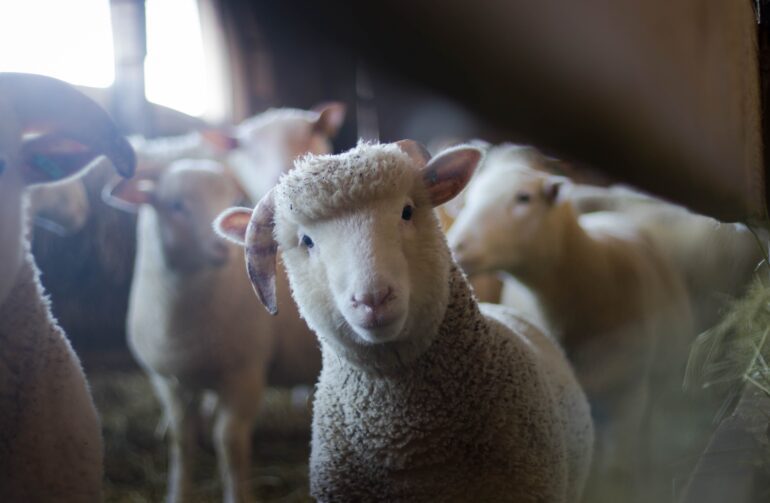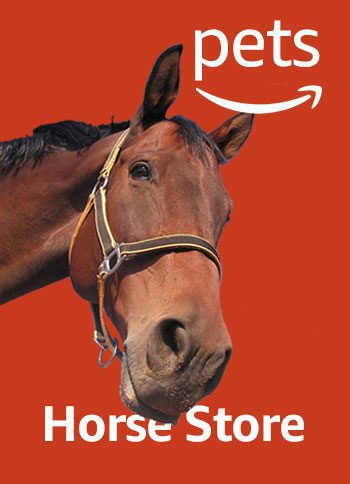In response to growing concerns about animal welfare, environmental sustainability and ethical considerations, farmers worldwide are embracing responsible practices for raising livestock. These practices prioritize the well-being of animals, minimize environmental impact and adhere to ethical principles. In addition, adopting more responsible practices can result in greater efficiency, which potentially leads to increased profits and longevity. It could turn out to be a win-win situation for all. Here are five key strategies employed by responsible farmers to achieve these goals.
Pasture-Raised Systems
Responsible farmers are increasingly shifting away from conventional, intensive confinement systems in favor of pasture-raised methods. In these systems, livestock have access to outdoor spaces, enabling them to graze and roam freely. This not only provides a more natural and humane living environment but also allows animals to exhibit their innate behaviors, reducing stress and promoting overall well-being. That’s because they have access to fresh air and sunlight rather than being stuck in close, indoor quarters with many other animals. An added benefit to this approach has to do with the environment. Pasture-based farming allows for natural nutrient cycling since the manure can enrich the soil. This, in turn, promotes healthier vegetation that can potentially lead to improved water quality and less soil erosion.
High-Quality Animal Nutrition
One hallmark of responsible livestock farming is a focus on providing animals with balanced and nutritious diets. Farmers carefully formulate feeds to meet the specific nutritional needs of their livestock, promoting optimal health and growth. Well-fed animals are less susceptible to diseases, reducing the need for antibiotics and growth-promoting hormones. Technology can help farmers achieve their goals in this regard. Swine management software, for example, provides farmers with the tools they need to manage pig diets while maximizing efficiency and reducing overall costs.
Animal Welfare Standards
Farmers certainly don’t need to come up with new ideas on their own to protect animal welfare. Instead, many responsible farmers adhere to rigorous certification programs and guidelines set by organizations like the American Humane Association or the Soil Association in the UK. These standards encompass various aspects of animal care, including proper housing conditions, humane handling, access to clean water and prompt medical attention when needed. For example, standards may specify minimum requirements for the size and quality of living spaces as well as what constitutes proper medical care. Certification programs typically include training, on-site inspections and evaluations to help farmers meet the required standards.
Sustainable Feeding Practices
In an effort to reduce the environmental footprint of livestock farming, responsible farmers are reevaluating their feeding practices. They seek to use locally sourced and sustainable feed ingredients, thereby decreasing reliance on resource-intensive crops like soy and corn. Growing soy and corn requires water and vast amounts of land, and it often involves the use of fertilizers and pesticides, so it can be a good idea to stop relying on these products so much. Some farmers are also exploring alternative feed sources such as insects or algae. These can often be produced more sustainably than traditional sources of food while maintaining the nutritional needs of their livestock.
Reduced Antibiotic Use
To address concerns about antibiotic resistance and promote responsible antibiotic use, farmers are adopting stringent protocols. This entails minimizing the routine administration of antibiotics and reserving their use solely for treating diagnosed illnesses. Responsible farmers prioritize preventative measures, such as improved hygiene and vaccination, to reduce the incidence of disease within their livestock populations. People can benefit from this practice, too, as residues of antibiotics in animal products can pose a risk to consumers if they exceed safe levels. Reducing antibiotic use helps minimize the presence of its residues in meat, milk and eggs.
Moving in the Right Direction
Responsible livestock farming practices are transforming the industry by prioritizing animal welfare, environmental sustainability and ethical considerations. Farmers who adopt pasture-raised systems, focus on high-quality nutrition, adhere to stringent animal welfare standards, implement sustainable feeding practices and reduce antibiotic use are not only ensuring the well-being of their animals but also meeting the demands of increasingly conscious consumers. These practices contribute to a more ethical and sustainable livestock industry. They also align with the broader goal of creating a healthier, more responsible food system. Small changes can make big impacts, and large, industry-wide adjustments can result in significant improvements in the environment.




